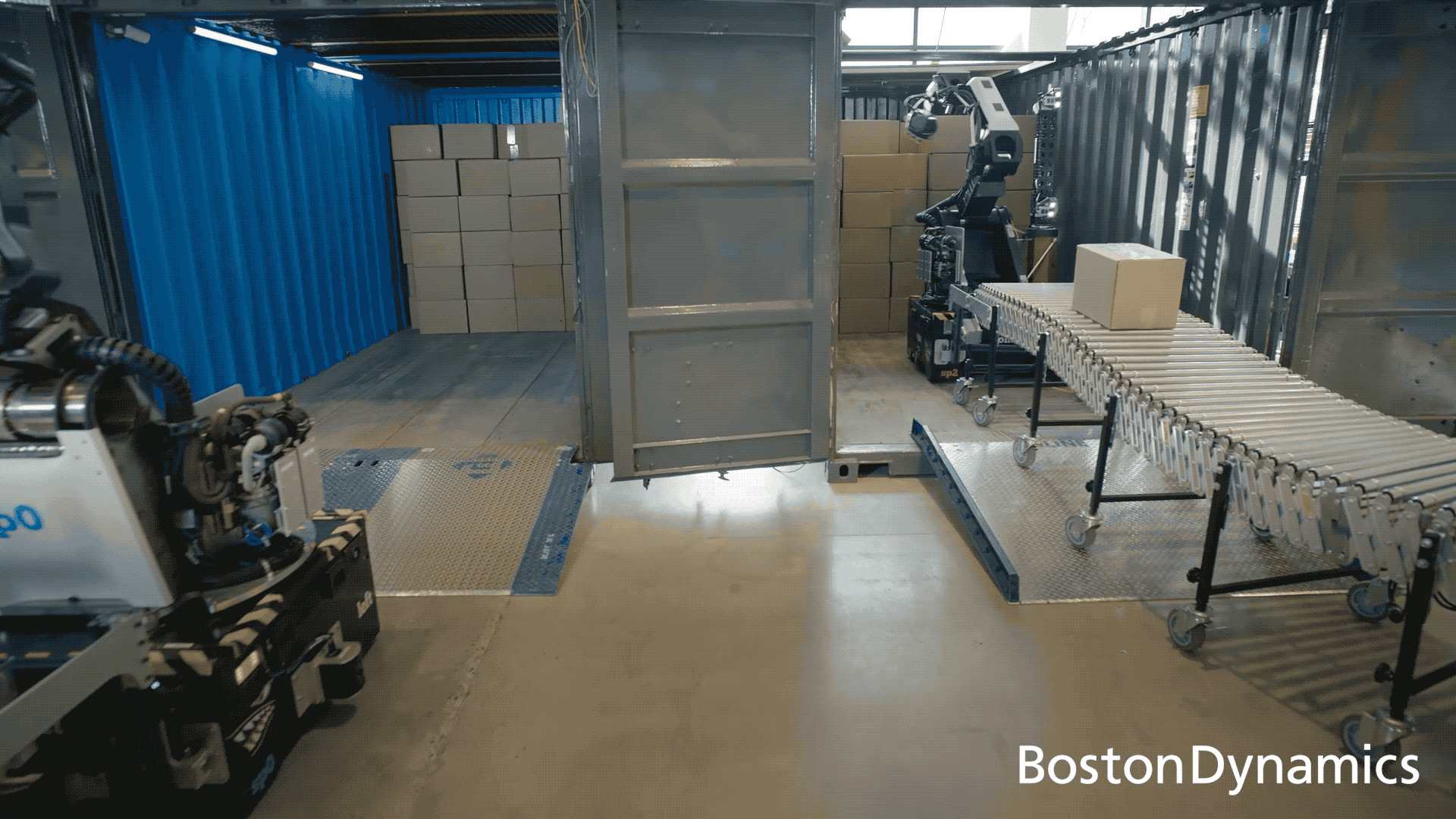Stretch thus far hasn’t been nearly as high-profile as Spot. Understandably so. For one thing, it wasn’t Boston Dynamics’ first commercial robot after decades of research and development. For another, it’s designed to mostly be behind the scenes, moving boxes around out of public view. As much as anything, Spot has been a kind of brand ambassador, courting publicity and a touch of controversy for the Hyundai-owned robot maker.
Stretch, an offshoot of the company’s Handle project, has been piloted with a limited number of customers in recent months. Boston Dynamics also secured a massive deal with DHL back in January for the purchase of $15 million worth of the robots. Other early clients include clothing chains Gap and H&M.
Today, the system goes on sale for anyone who wants to purchase one. Well, goes on reservation is probably a more accurate way of putting it, as deliveries are not expected until 2023 and 2024. The company predictably cites ongoing labor issues as a key driver in interest around the new robot.

Image Credits: Boston Dynamics
“Labor shortages and supply chain snags continue to create challenges in keeping the flow of goods moving,” says CEO Robert Playter. “Stretch makes logistics operations more efficient and predictable, and it improves safety by taking on one of the most physically demanding jobs in the warehouse. Many of our early adopter customers have already committed to deploying the robot at scale, so we are excited Stretch will soon be put to work more broadly, helping retailers and logistics companies handle the continued surging demand for goods.”
It will be interesting to watch these systems perform in the world. Thus far we’ve mostly seen Boston Dynamics videos in controlled environments. Stretch faces some stiff competiton. Warehouse/logistics have been one of the top categories for robotics in recent years, as companies have looked for a leg up against Amazon’s large automation army. More recently, they’re searching for systems that can help fill employment gaps.















 English (US) ·
English (US) ·